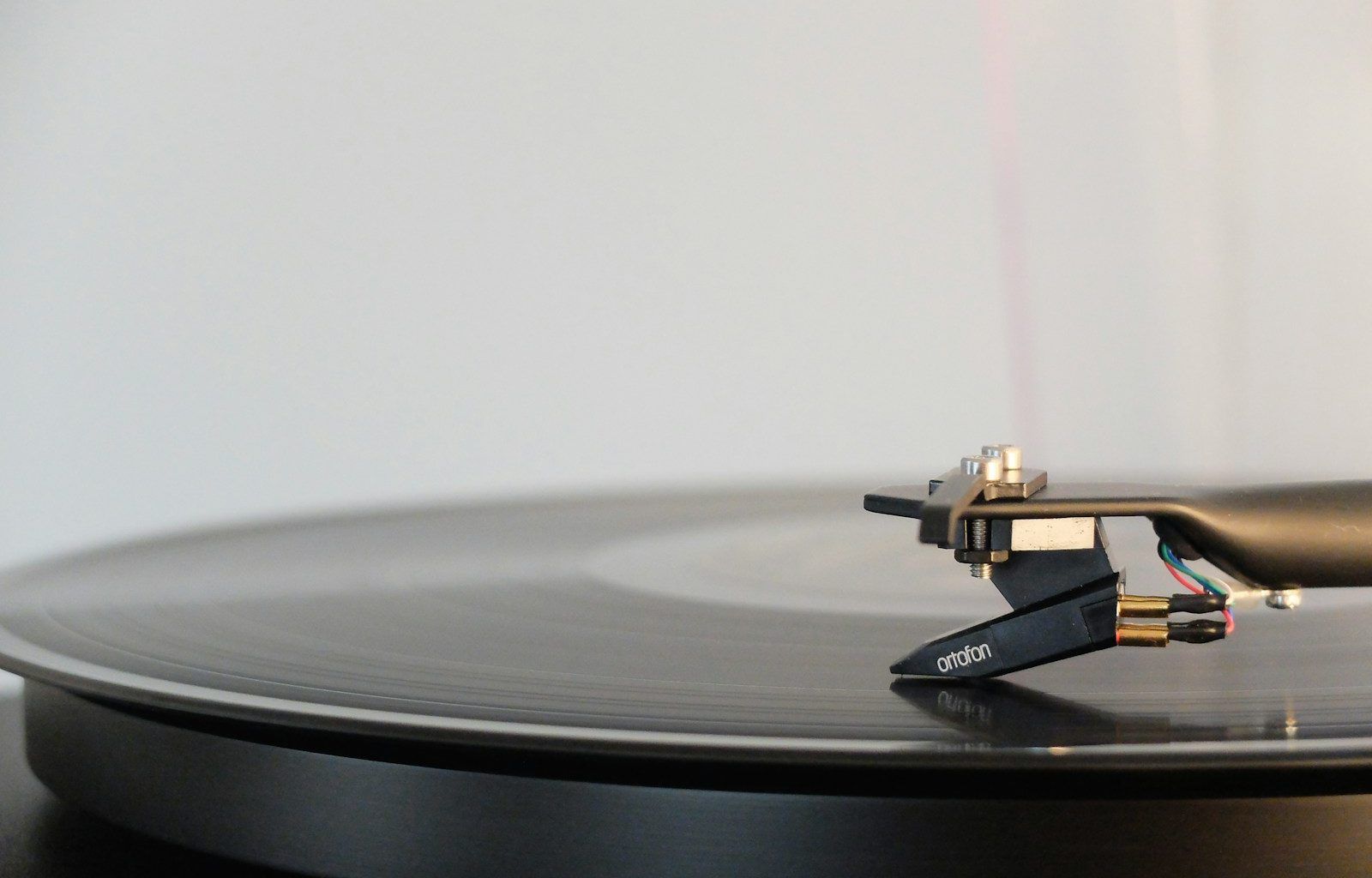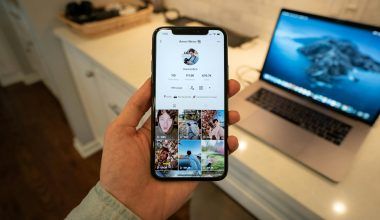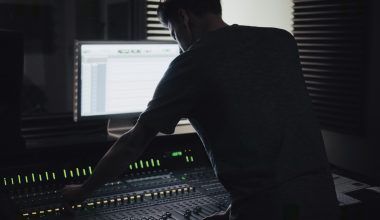Monetizing your music on YouTube and other platforms is one of the most effective ways to turn your passion into a sustainable career. With the rise of digital platforms, musicians now have multiple ways to showcase their talent and earn revenue. If you’re a music creator wondering how to make the most of these opportunities, this blog will guide you step-by-step. Let’s dive in and explore how you can make your music work for you.
Understanding the Basics of Music Monetization
Before jumping into the strategies, it’s essential to understand what monetization really means. Simply put, monetization involves earning money whenever your content is consumed online. On YouTube, this could mean ad revenue, fan contributions, or merchandise sales. On other platforms, this might include streaming royalties, licensing deals, or subscription-based earnings. Knowing these basics will help you craft a smarter strategy.
Why YouTube is a Game-Changer for Musicians
YouTube stands out because it’s a visual and audio platform rolled into one. With over 2 billion monthly users, it provides an enormous audience base. Additionally, the YouTube Partner Program allows you to earn directly through ad revenue, while features like memberships, Super Chats, and YouTube Shorts fund allow for even more income streams. Once you start using YouTube effectively, you can extend your reach and increase revenue.
How to Get Started with YouTube Monetization
To monetize your music on YouTube, you’ll need to meet a few requirements:
- Create a YouTube channel optimized for your brand.
- Join the YouTube Partner Program, which requires at least 1,000 subscribers and 4,000 watch hours.
- Consistently upload high-quality content that engages your audience.
Once you’ve met these conditions, activate monetization in your YouTube Studio and explore ad revenue options.
Diversify Your Revenue Streams on YouTube
While ads can bring in a steady income, relying solely on them may not be enough. Here are a few ways to diversify:
- Fan Contributions: Use tools like Super Chats, Super Thanks, or memberships to let your fans support you directly.
- Merchandising: Sell branded T-shirts, hoodies, or posters through YouTube’s merchandise shelf.
- Music Licensing: Offer your tracks to creators or businesses looking for background music.
- YouTube Shorts Fund: Leverage this program if you regularly post short, engaging videos.
Creating Engaging Music Videos
Engaging videos are the backbone of any successful YouTube music career. Make sure your visuals complement your sound, and always aim for storytelling. Whether you’re creating lyric videos, acoustic performances, or behind-the-scenes footage, engaging content will keep viewers coming back. Consistency is key, so consider posting at least once a week.
Optimizing Your Content for Better Discoverability
Even the best music video won’t succeed if no one can find it. That’s why SEO is essential. Use keywords like “monetize your music on YouTube” in your titles, descriptions, and tags. Add timestamps and closed captions for accessibility. Additionally, collaborate with other musicians or influencers to tap into new audiences.
Expanding Beyond YouTube
While YouTube is a fantastic starting point, you should also explore other platforms to maximize earnings. Spotify, Apple Music, and TikTok are excellent for reaching new fans and earning royalties. By distributing your music on multiple platforms, you can increase visibility and revenue.
Platforms to Consider for Music Monetization
- Spotify and Apple Music: These platforms pay per stream, so the more plays your songs get, the higher your revenue.
- Bandcamp: A favorite among indie artists, it lets you sell your music directly to fans.
- TikTok: Viral sounds on TikTok often lead to increased streams and downloads elsewhere.
- SoundCloud: Offers a direct monetization program for creators with significant engagement.
Building Your Brand Across Platforms
Your music is only one part of the equation. Building a personal brand ensures that fans connect with you beyond your songs. Be active on social media, interact with fans in comments, and share your journey. This human touch can make a huge difference in your long-term success.
Leveraging Content ID for Maximum Revenue
One of the most overlooked tools for music creators is YouTube’s Content ID system. By registering your tracks, you can earn revenue whenever your music is used in other videos. Partnering with a distributor like TuneCore or CD Baby can help you access this feature effortlessly.
Using Analytics to Improve Performance
Analytics tools provided by YouTube and other platforms can give you deep insights into what’s working and what’s not. Monitor which videos perform well, where your audience comes from, and what they enjoy the most. Use this data to refine your content strategy.
Collaborations and Partnerships for Growth
Collaborating with other artists or influencers can significantly boost your reach. Partnerships can introduce you to new audiences and provide fresh content ideas. Plus, it’s always fun to work with other creative minds!
Engaging with Fans for Longevity
Fan engagement isn’t just about posting content. Reply to comments, host live Q&A sessions, and ask for feedback. Fans who feel connected to you are more likely to support you financially, whether through donations, merch purchases, or memberships.
Staying Updated with Platform Changes
Platforms like YouTube regularly update their features and policies. Stay informed about changes to monetization programs, algorithms, or trends to ensure you’re always ahead of the game.
Conclusion
Monetizing your music on YouTube and other platforms is a journey that requires patience, strategy, and creativity. By diversifying your revenue streams, creating engaging content, and expanding your presence across multiple platforms, you can turn your passion for music into a thriving career. Start today, and watch your efforts pay off over time.
For further reading, explore these related articles:
- How Shazaam Music Can Transform a Singer’s Journey
- The Power of the “If I Stay” Song
- How to Add Music to Facebook
For additional resources on music marketing and distribution, visit DMT Records Private Limited.






